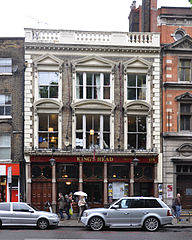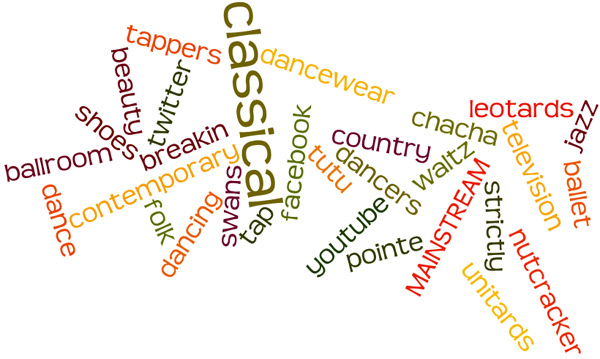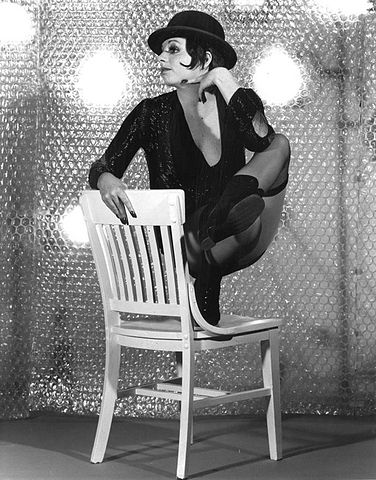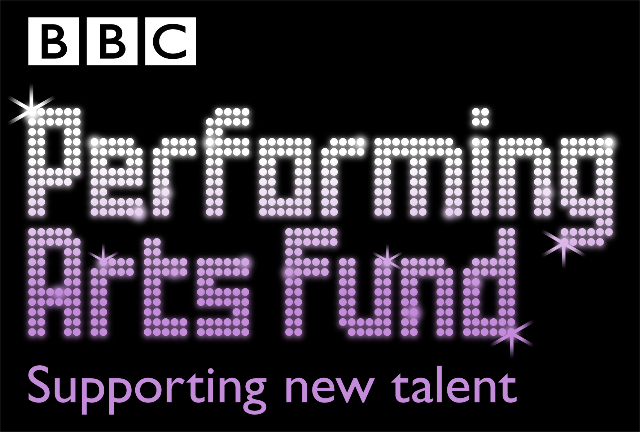 The Yorkshire Ballet Summer School’s 40th anniversary will be celebrated this year in a gala organised by Anthony Dowell and the actor Derek Jacobi. The gala will be held at national dance house Sadler’s Wells, London, on 29 September, marking the journey from strength to strength of the summer school and its staff.
The Yorkshire Ballet Summer School’s 40th anniversary will be celebrated this year in a gala organised by Anthony Dowell and the actor Derek Jacobi. The gala will be held at national dance house Sadler’s Wells, London, on 29 September, marking the journey from strength to strength of the summer school and its staff.
The Yorkshire Ballet Summer School began as the Yorkshire Ballet Seminars in a church hall, taught by ex-Royal Ballet dancer and teacher David Gayle. The seminars were devised in order to provide young local dancers with an introduction to the professional ballet world, enabling them to learn about opportunities and meet other artists.
The success of the seminars meant they evolved to form a residential ballet course, with the first masterclass taught by Alicia Markova. 2005 saw Marguerite Porter take over the directorship reins of the Yorkshire Ballet Summer School, who began teaching at the course in 1990.
Kevin O’Hare has spoken of his support for the Yorkshire Ballet Summer School: ‘It was such a huge inspiration for me attending the Yorkshire Ballet Seminars and added so much to my training and knowledge of what it would be like to become a professional ballet dancer. When I look back at all the amazing teachers who taught me I feel so lucky to have had that experience while growing up in Yorkshire and I am so glad the seminars continue to thrive and inspire a new generation of dancers.’
This year the Yorkshire Ballet Summer School of more than 180 students will be held at York St John university, boasting course faculty including Anthony Dowell and David Pickering. In terms of the gala, directed by Richard Clifford, the event will include guest stars such as dancers from The Royal Ballet, Birmingham Royal Ballet, Scottish Ballet, English National Ballet, Northern Ballet, Wayne Sleep and the BalletBoyz. Actors Imelda Staunton, Jim Carter and Samantha Bond will also be in attendance.
Tickets cost £12-£85 and are available from Sadler’s Wells.

 What with funding news, openings of shows, closing shows, pay and tragic passings of life, theatre is never far from reported news. In a more political stance, the King’s Head Theatre in Islington has responded to Russia’s anti-gay laws in a reaction to the escalating violence and oppression towards gay Russians after Putin’s anti-gay legislation and the current high-profile debate over the Sochi 2014 Olympics.
What with funding news, openings of shows, closing shows, pay and tragic passings of life, theatre is never far from reported news. In a more political stance, the King’s Head Theatre in Islington has responded to Russia’s anti-gay laws in a reaction to the escalating violence and oppression towards gay Russians after Putin’s anti-gay legislation and the current high-profile debate over the Sochi 2014 Olympics. Students at the prestigious musical theatre college Laine Theatre Arts have had a blow ahead of the new academic year. Epsom and Ewell Council, the area in which the college is situated, has withdrawn housing benefits which many of the student receive.
Students at the prestigious musical theatre college Laine Theatre Arts have had a blow ahead of the new academic year. Epsom and Ewell Council, the area in which the college is situated, has withdrawn housing benefits which many of the student receive.
 The prestigious Royal Ballet School announced the appointment of Christopher Powney as their Artistic Director Designate last month, who is due to step into the role in April 2014. The current Artistic Director, Gailene Stock, is sadly unwell, and will retire from her post on 31 August 2014. As a result, the summer term of 2014 will see Powney taking over the running of the School after a transitional period. Jay Jolley will continue in the role of Acting Director and will lead the School’s artistic programmes into the 2013/14 academic year.
The prestigious Royal Ballet School announced the appointment of Christopher Powney as their Artistic Director Designate last month, who is due to step into the role in April 2014. The current Artistic Director, Gailene Stock, is sadly unwell, and will retire from her post on 31 August 2014. As a result, the summer term of 2014 will see Powney taking over the running of the School after a transitional period. Jay Jolley will continue in the role of Acting Director and will lead the School’s artistic programmes into the 2013/14 academic year. No one can deny the sheer talent of the dancers within a dance company, be it contemporary, ballet, or a jazz-hand waving West End show. However, it is often those people behind the scenes that support the work of the dancers, promote it, administrate it, direct it, and neither the dancers nor the ‘backstage’ team can do without the other.
No one can deny the sheer talent of the dancers within a dance company, be it contemporary, ballet, or a jazz-hand waving West End show. However, it is often those people behind the scenes that support the work of the dancers, promote it, administrate it, direct it, and neither the dancers nor the ‘backstage’ team can do without the other. With dance continuing to raise its profile within Westminster, it was a delight to see a huge ten dance names recognised for their outstanding work in dance across a wide variety of contexts in Britain in the Queen’s Birthday Honours list.
With dance continuing to raise its profile within Westminster, it was a delight to see a huge ten dance names recognised for their outstanding work in dance across a wide variety of contexts in Britain in the Queen’s Birthday Honours list. Showbiz legend Liza Minnelli, famous not only for her singing starlet mother Judy Garland but also in her own right, proved that she is still a show-stopping success at the Royal Festival Hall on London’s Southbank earlier this year. At 66 years old, Minnelli shows no sign of stopping either, continuing to wow her audiences and exude the presence of the ultimate star of the golden age of showbiz. Minnelli is a multi-award winning artist, singer, actress and fabulous dancer, who has proven herself as a starlet who knows her ‘razzle-dazzles’ from her ‘stepping outs’.
Showbiz legend Liza Minnelli, famous not only for her singing starlet mother Judy Garland but also in her own right, proved that she is still a show-stopping success at the Royal Festival Hall on London’s Southbank earlier this year. At 66 years old, Minnelli shows no sign of stopping either, continuing to wow her audiences and exude the presence of the ultimate star of the golden age of showbiz. Minnelli is a multi-award winning artist, singer, actress and fabulous dancer, who has proven herself as a starlet who knows her ‘razzle-dazzles’ from her ‘stepping outs’.
